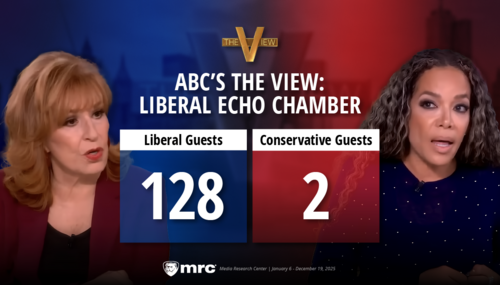The “Monkey Cage” blog at The Washington Post asked an unusual question on Friday: “Could non-citizens decide the November election?”
Jesse Richman and David Earnest, associate professors at Old Dominion University suggest the answer could certainly be yes.
In a forthcoming article in the journal Electoral Studies, we bring real data from big social science survey datasets to bear on the question of whether, to what extent, and for whom non-citizens vote in U.S. elections. Most non-citizens do not register, let alone vote. But enough do that their participation can change the outcome of close races.
Our data comes from the Cooperative Congressional Election Study (CCES). Its large number of observations (32,800 in 2008 and 55,400 in 2010) provide sufficient samples of the non-immigrant sub-population, with 339 non-citizen respondents in 2008 and 489 in 2010. For the 2008 CCES, we also attempted to match respondents to voter files so that we could verify whether they actually voted.
How many non-citizens participate in U.S. elections? More than 14 percent of non-citizens in both the 2008 and 2010 samples indicated that they were registered to vote. Furthermore, some of these non-citizens voted. Our best guess, based upon extrapolations from the portion of the sample with a verified vote, is that 6.4 percent of non-citizens voted in 2008 and 2.2 percent of non-citizens voted in 2010.
Because non-citizens tended to favor Democrats (Obama won more than 80 percent of the votes of non-citizens in the 2008 CCES sample), we find that this participation was large enough to plausibly account for Democratic victories in a few close elections. Non-citizen votes could have given Senate Democrats the pivotal 60th vote needed to overcome filibusters in order to pass health-care reform and other Obama administration priorities in the 111th Congress.
Sen. Al Franken (D-Minn.) won election in 2008 with a victory margin of 312 votes. Votes cast by just 0.65 percent of Minnesota non-citizens could account for this margin. It is also possible that non-citizen votes were responsible for Obama’s 2008 victory in North Carolina. Obama won the state by 14,177 votes, so a turnout by 5.1 percent of North Carolina’s adult non-citizens would have provided this victory margin.
The professors noted the sample size of non-citizens was rather small, only 828 self-reported non-citizens, and there’s the possibility and some could be lying about being non-citizens.
Richman and Earnest also found solutions favored by conservatives are ineffective: “Nearly three quarters of the non-citizens who indicated they were asked to provide photo identification at the polls claimed to have subsequently voted.” They also reported in 2008, “non-citizens with less than a college degree were significantly more likely to cast a validated vote, and no non-citizens with a college degree or higher cast a validated vote. This hints at a link between non-citizen voting and lack of awareness about legal barriers.”
That won’t be helped by the reality that the national media rarely focus on the problem of illegal immigrants casting ballots.




